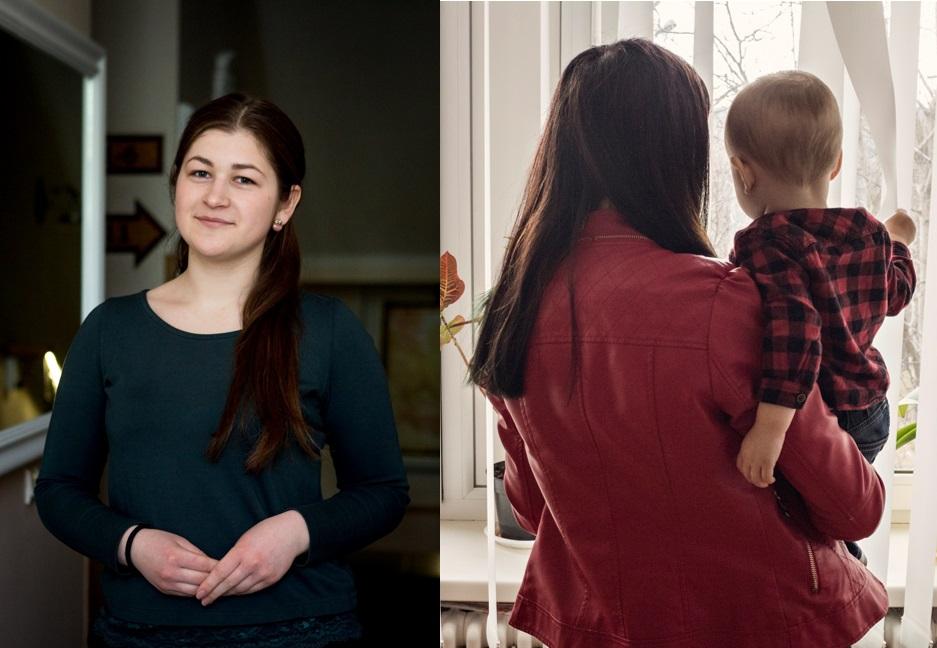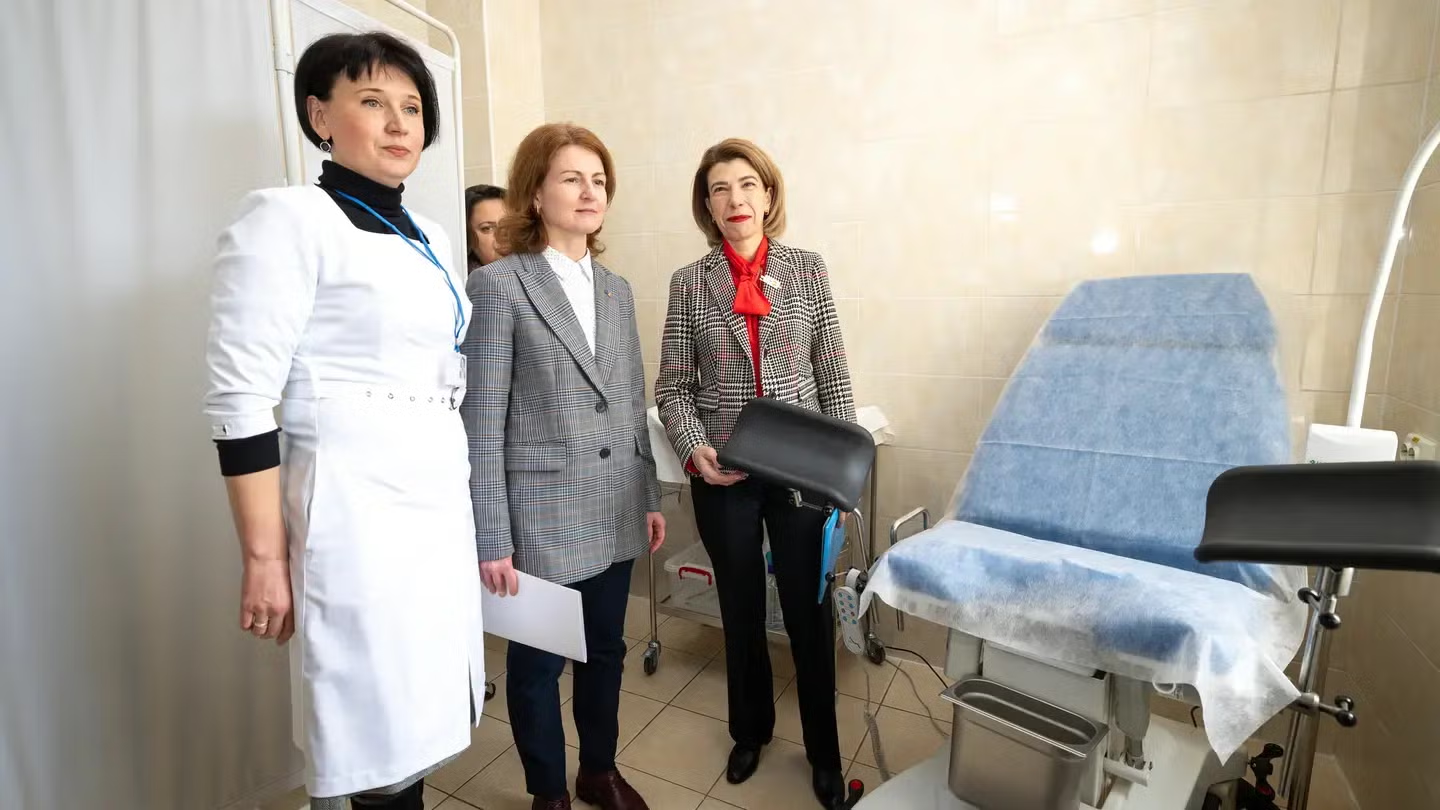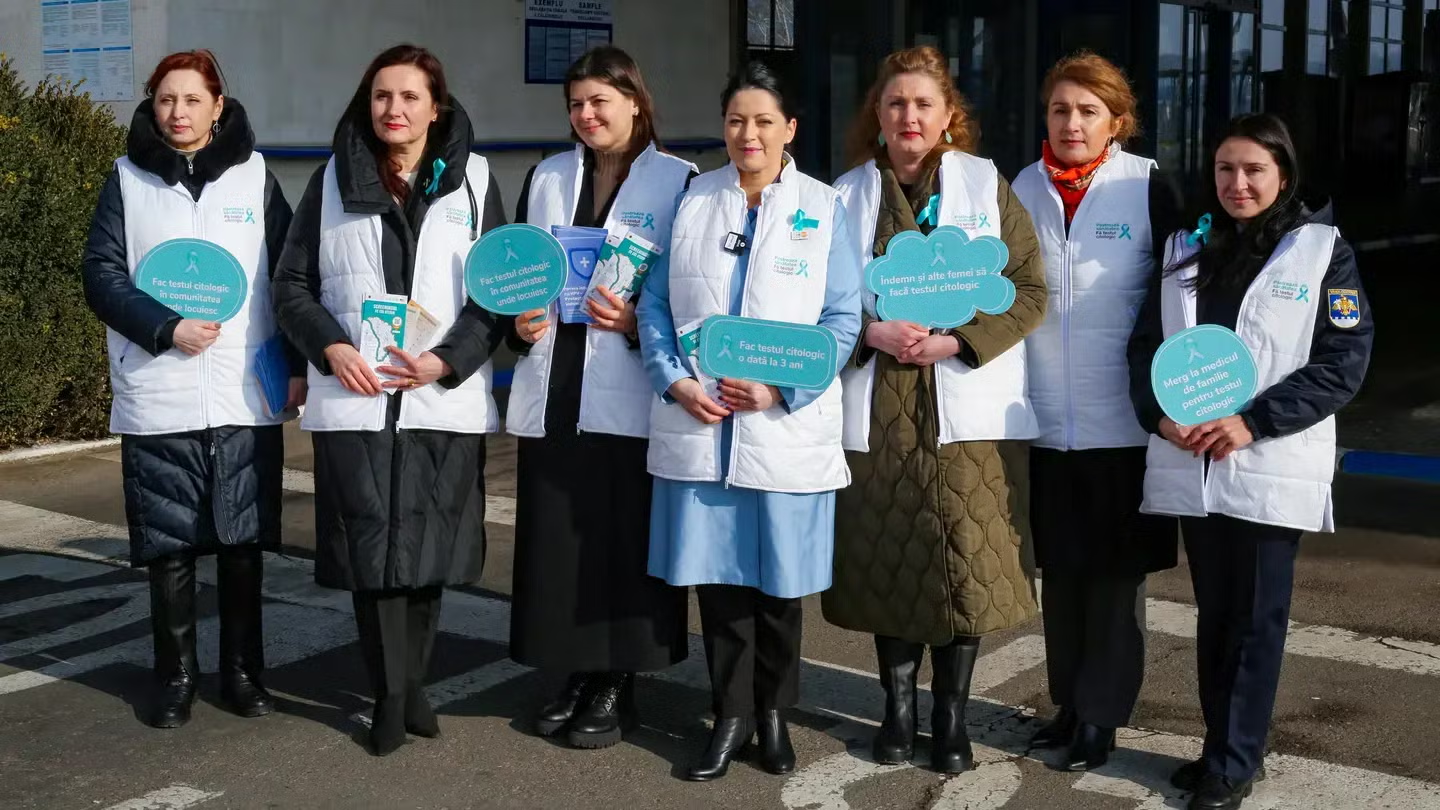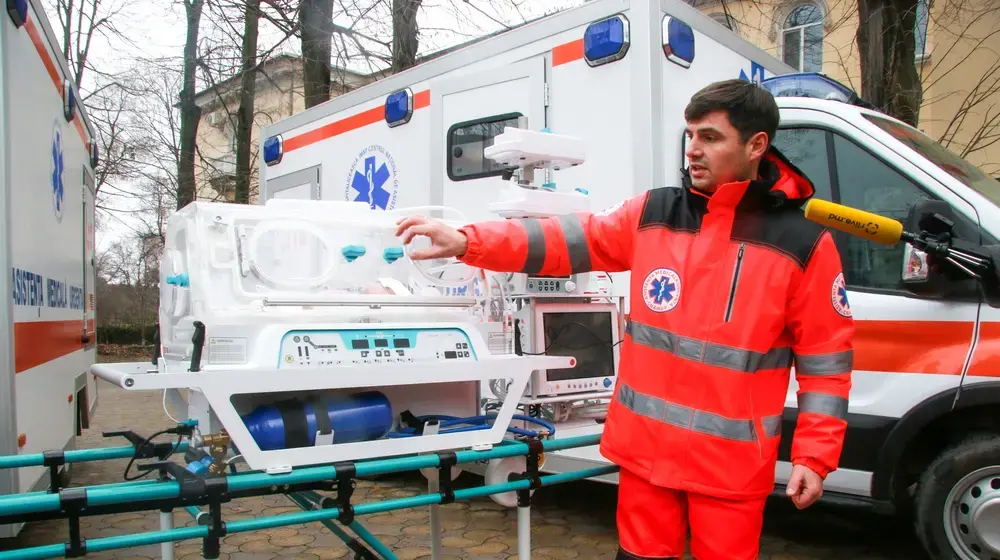Ana-Maria and Iuliana* are two adolescents who live in two different villages of Moldova. They are of the same age – 17 years old each, but the life of one is very different from the life of the other. While Ana-Maria dreams to pursue her education, Iuliana is bringing up her one-year-old child and is often abused by her partner. On International Women’s Day, UNFPA Moldova is telling their stories.
‘Marriage, as well as other things in one’s life, must be planned’
Ana-Maria Odobescu is a 17-year-old adolescent from Cuizauca Village, Rezina District. She has her family’s support in making her dreams come true and she’s, thus, always participating in a variety of activities. She’s had her first volunteering experience at the Children’s Advisory Board, where she learned what an opinion means and how to communicate it to the public. Then she got involved with the Y-PEER Moldova – a youth network supported by the UNFPA, which informs young people about a healthy lifestyle via peer-to-peer education. Ana-Maria goes to community-based centres located in other districts every weekend to talk to other girls and boys about how to avoid risk behaviours during adolescence.
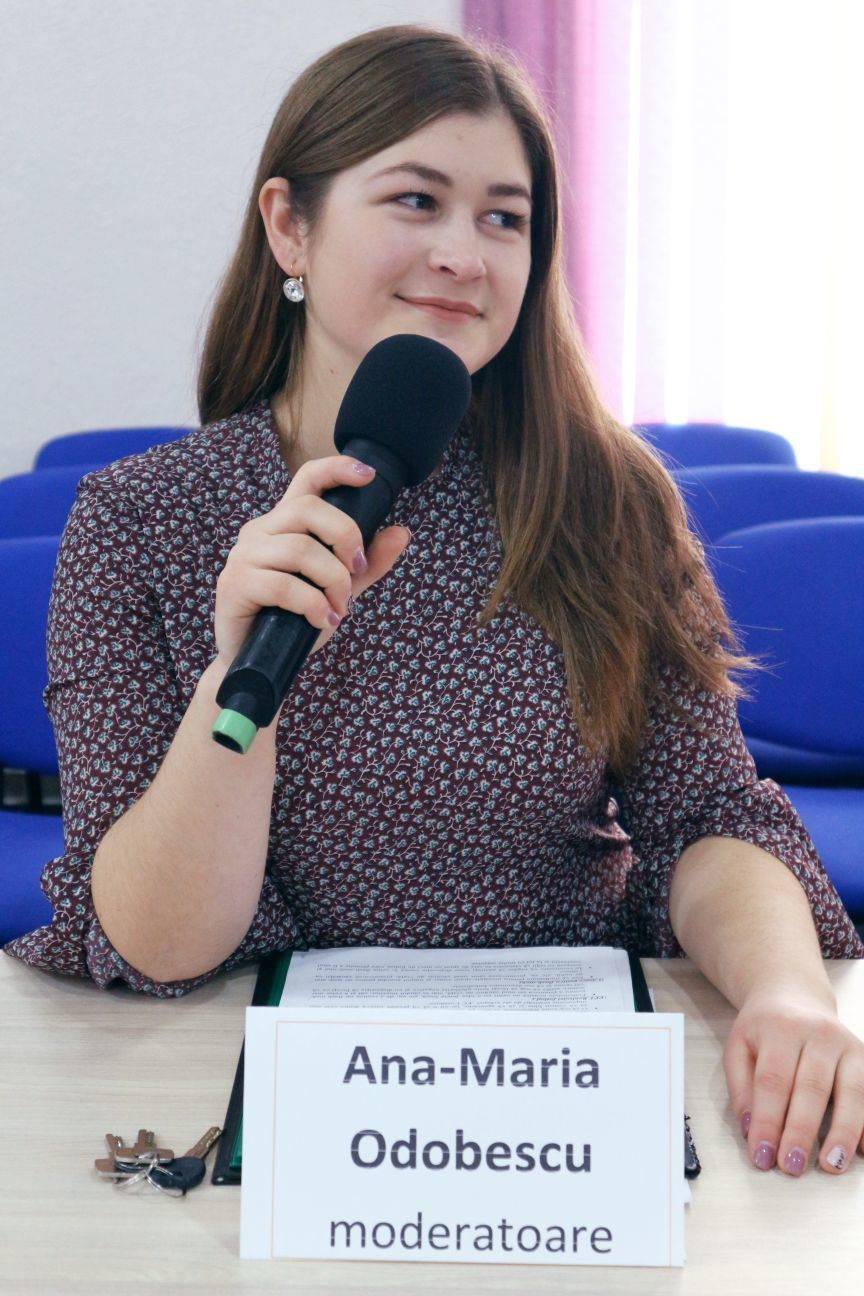
She’s just as active in school, where she chairs the Pupils’ Council. She goes home after classes, but because her parents are at work, there’s no-one waiting for her with a laid table. Therefore, Ana-Maria and her elder sister make lunch, tidy up and then do their homework. ‘Even if preparing for the weekend trainings is time-consuming and I end up going to bed late every day, my batteries are fully charged because I do what I enjoy doing and I feel that I grow’ she said.
Ana-Maria’s dream is to graduate from high-school and go to university next. She’ll get married later and she’d also like to have children later because she believes that in adolescence education is more important.
‘Marriage must be planned, of course, as well as other things in life. I will get married when I find the right person. I will certainly not tolerate any form of violence in my marriage, and the decision to have children will have to be agreed by both of us.’
Asked what the future of girls and women in our country depends actually on – Ana-Maria said she believed that there are several critical factors such as family, school and society, but that all these factors mattered less if the girls themselves wanted to develop.
‘I urge all young women to trust themselves and to build their future without caring about stereotypes and other barriers’ – this is Ana-Maria’s message.
‘This wasn’t my choice’
Iuliana* is also 17 years old, like Ana-Maria. However, her activities and concerns are totally different form Ana-Maria’s. She was born in a rather vulnerable family and she remembers having to work from a very early age to earn some money. ‘I used to work at a poultry plant. I felt like I was 15 although I was only 10.’ Her mother remarried and she didn’t care that much about Iuliana, while her father left abroad.
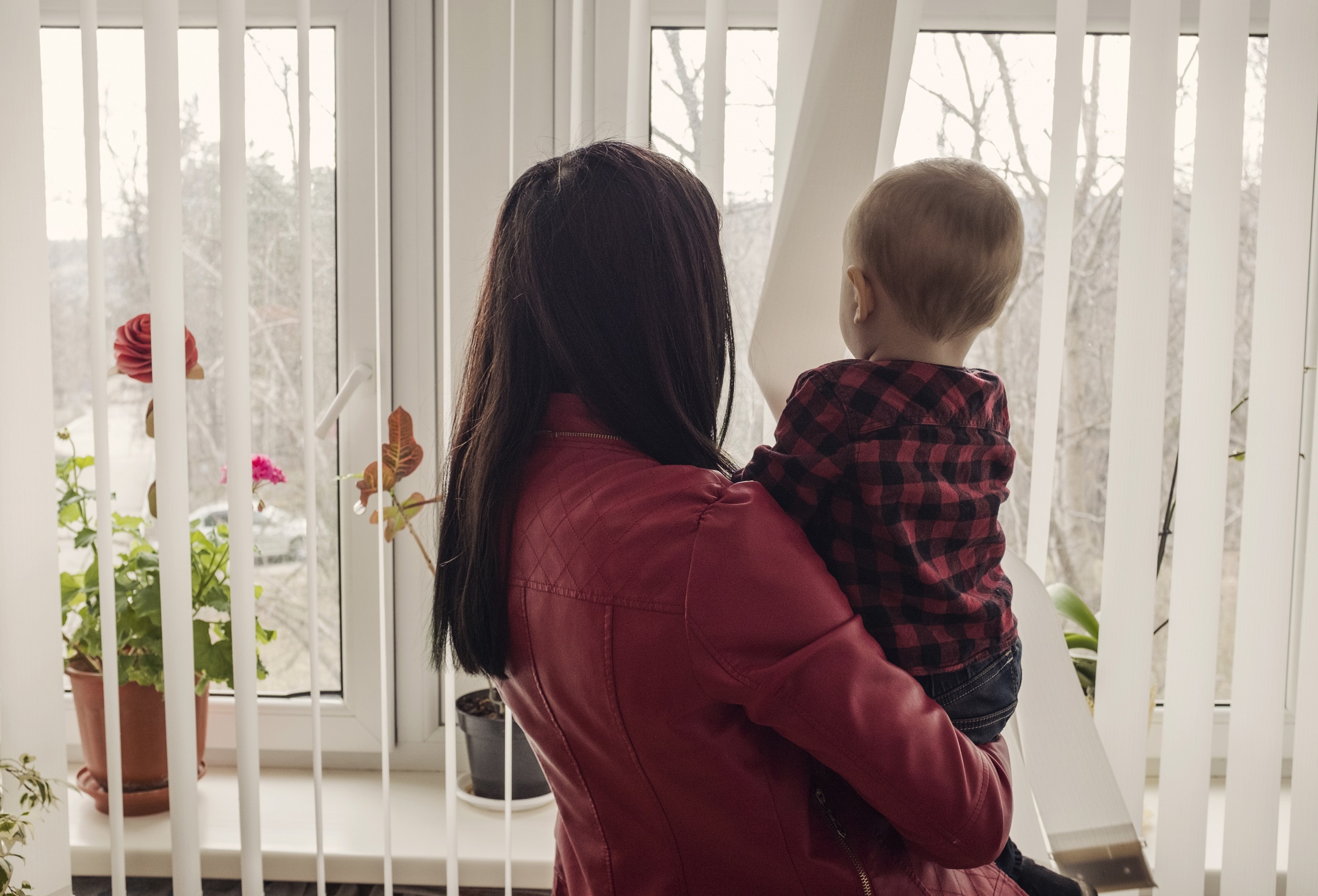
As neither in her family, nor at school, was she given any information, and also because of the fear to say ‘no’ in a relationship, Iuliana became eventually pregnant. Her partner is four years elder. She hid the fact for as long as she could because of being ashamed, afraid, concerned, but she continued to go to school and managed to graduate secondary level education. She is dutifully bringing up now a perfectly healthy boy. She says she really loves children and that she’s happy but that if she turned back in time, she’d do things otherwise.
‘This wasn’t my actual choice. I dreamt about something else. I dreamt about continuing my education, about being independent. I did want to have a child, but later, when I would have been able to provide for the child. I never thought I’d become a mother at 15. I often think that if my family or someone else supported me, I wouldn’t have ended up where I am now’ said Iuliana.
Iuliana lives now with the father of her child and his family, and every day of her life is like any other day. She cooks, she does the laundry and takes care of her partner’s sick father. She’s afraid of even going to the store without announcing it because she must let her current family know about it. She endures the violence because she has nowhere else to go. She’s caught in a vicious cycle that she doesn’t know how to break away from, although she’d like to change something. ‘My greatest dream is to master a trade and be able to provide for myself and for my son.’
Women’s Sexual and Reproductive Health and Rights – an Unfinished Agenda
UNFPA, United Nations reproductive health and rights agency celebrates its 50th anniversary this year. 2019 also marks 25 years since 179 Governments form all around the world, including from Moldova, committed to adhering to the Cairo International Conference on Population and Development (ICPD) and to safeguard the reproductive rights of all people and to provide young people equal development opportunities.
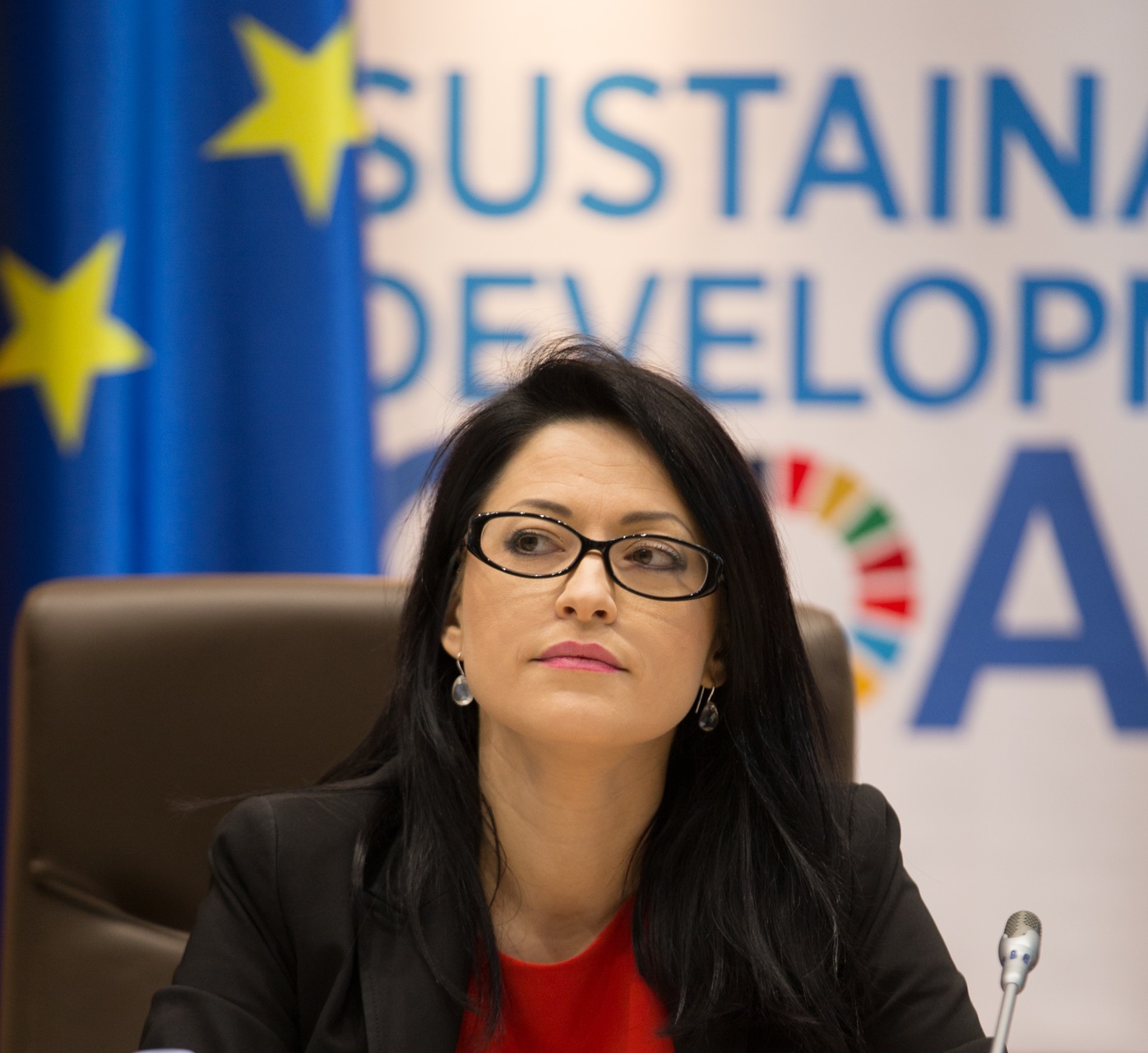
‘Looking back, though, we can see that many of the commitments made were not lived up to. The life stories above are proof of the fact that these girls’ dreams and potential are the same, by that because of their circumstances, their life and future are going to be different. If what we want is for all girls and women in Moldova to be able to decide about having children by choice and not by chance, to live a dignified and abuse-free life, then we should support them from an early age and invest now in their education and health’, said Natalia Plugaru, UNFPA Moldova Assistant Representative.
More than 110 thousand female adolescents aged 14-19 live in Moldova. On International Women’s Day, UNFPA urges all partners to increase investments in health education and in participation of youth at a critical age for their development so that both girls and boys, and particularly the most disadvantaged, are informed and can make the right choices to build the future they want.
*The names were changed for to protect their identity.

